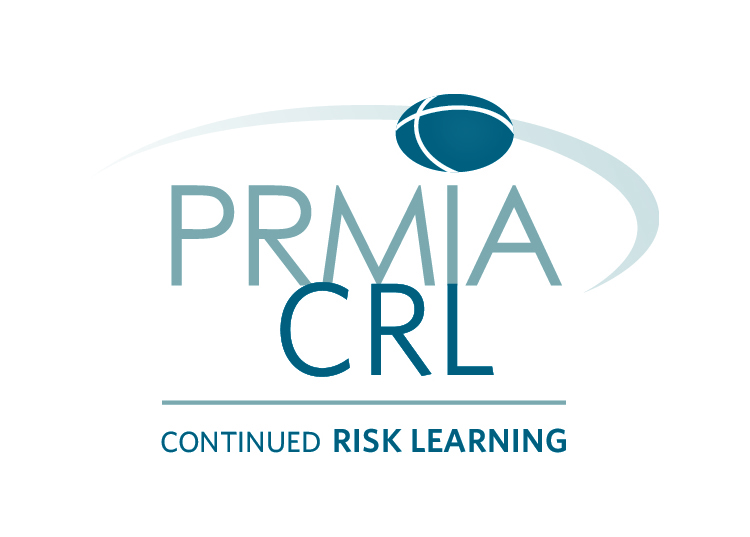 Course Access:
Course Access:
90-day course access from date of purchase
 Time:
Time:
Self-study, self-paced
 Instructor:
Instructor:
Kyle Peterdy, CFI
 Length/Duration:
Length/Duration:
2 hours
| About This Course |
|
Credit plays an
important role in the lives of many individuals; it’s also a key source of
funding for businesses making capital expenditures (CAPEX). In this course, we
discuss important lending topics like the difference between traditional loans
and trade credit, different types of interest, different types of loans, where
collateral security fits in, and how to build an amortization schedule for
reducing term debt. We cover an overview of the 5 Cs of Credit framework and
how it may influence different loan characteristics before diving into some
qualitative assessment tools and a list of the key financial ratios that an
analyst would look at when evaluating a company’s creditworthiness. We also
take a step back to look at the credit landscape to help learners understand
what kinds of career opportunities exist for aspiring credit professionals.
|
Upon completing this course, you will be able to:
- Define what credit is and how it’s created.
- Identify some of the different career opportunities available to credit professionals.
- Compare different types of interest payments and loan characteristics to help inform an appropriate credit structure.
- Explain what capital expenditure (or CAPEX) is and how debt financing can support it.
- Explain the 5 Cs of Credit framework and how it informs risk assessments.I
- dentify the important qualitative and quantitative techniques, including key financial ratios used in the risk assessment process.
This Fundamentals of Credit course is perfect for any aspiring or early-stage credit professionals, including business and commercial bankers, credit analysts, real estate lenders, equipment finance, loan & mortgage brokers, and other private (non-bank) lenders.
| About Our Expert |
|
|
|
 |
|
Kyle Peterdy
Prior to joining CFI, Kyle Peterdy worked both in financial services and in education. Most recently he spent six years with RBC managing Canadian-based commercial borrowers across a variety of sectors including technology, retail & hospitality, and manufacturing & wholesale. Aside from his client-facing responsibilities, Kyle also regularly served as a mentor for new hires to support their training and development in role.
Before transitioning into financial services, Kyle spent the early part of his career as a professional educator teaching high school English and physical education, while coaching college lacrosse part time.
|
| Continued Risk Learning Credits: 2 |
 PRMIA Continued Risk Learning (CRL) programs provide you with the opportunity to formally recognize your professional development, documenting your evolution as a risk professional. Employers can see that you are not static, making you a highly valued, dynamic, and desirable employee. The CRL program is open to all Contributing, Sustaining, and Risk Leader members, providing a convenient and easily accessible way to submit, manage, track and document your activities online through the PRMIA CRL Center. To request CRL credits, please email [email protected].
PRMIA Continued Risk Learning (CRL) programs provide you with the opportunity to formally recognize your professional development, documenting your evolution as a risk professional. Employers can see that you are not static, making you a highly valued, dynamic, and desirable employee. The CRL program is open to all Contributing, Sustaining, and Risk Leader members, providing a convenient and easily accessible way to submit, manage, track and document your activities online through the PRMIA CRL Center. To request CRL credits, please email [email protected].
| Registration |
| Membership Type |
Price |
| |
|
| Members |
$ 66.00 |
| Non Members |
$ 60.00 |
Access
Immediate access to the course is granted for 90 days after your purchase. Please complete the course within that time period.
If this is your first time accessing the PRMIA website you will need to create a short user profile to register. Save on registration by becoming a member.
Register Now
Support
For technical issues regarding course access, contact [email protected]
PRMIA
Digital Product Return Policy.